Whenever I buy a house in some new town, the first thing I do is plant berries. Strawberries, raspberries, blackberries, even got some loganberries in Brisbane. They take a couple of years to come in to full production, but after that, easy peasy.
My grandfather had maybe a 30-foot-by-10-food patch of raspberries on his  front yard, and that produced an endless supply. Guess I got hooked.
front yard, and that produced an endless supply. Guess I got hooked.
So it’s more than disconcerting that the multistate outbreak of Hepatitis A linked to frozen berries continues to spread, with 79 people now confirmed as sick.
The U.S. Centers for Disease Control reports that based on epidemiologic investigation of 55 cases:
• 35 (64%) ill people are women;
• ages range from 2 – 84 years;
• illness onset dates range from 3/16/2013 – 6/1/2013
• 30 (55%) ill people have been hospitalized, and no deaths have been reported;
• 40 (73%) of 55 ill people interviewed reported eating “Townsend Farms Organic Antioxidant Blend” frozen berry and pomegranate mix; and,
• 40 persons reported purchasing this product from Costco markets; however, the product was also sold at Harris Teeter stores. No cases have been
 identified that bought the product at Harris Teeter at this time.
identified that bought the product at Harris Teeter at this time.
Preliminary laboratory studies of specimens from two states suggest the outbreak strain of hepatitis A virus (HAV) is genotype 1B. This strain is rarely seen in the Americas but circulates in the North Africa and Middle East regions.
This genotype was identified in a 2013 outbreak in Europe linked to frozen berries and another 2012 outbreak in British Columbia related to a frozen berry blend with pomegranate seeds from Egypt. However, there is no evidence at this time that these outbreaks are related.
According to the label, the “Townsend Farms Organic Antioxidant Blend” frozen berry and pomegranate mix associated with illness contained products originating from the U.S., Argentina, Chile, and Turkey.
To their credit, Costco is offering to refund the cost of hepatitis A vaccinations or provide the vaccination free of charge at a Costco pharmacy to customers who consumed the recalled frozen berries.
Craig Wilson, Costco’s vice president of quality insurance, food safety and merchandise services, said the company used membership records and receipts to contact customers who purchased the recalled berries since February.
“If anyone has a concern, they should get to their personal health care provider,” Wilson said.
Wilson said he could not confirm that 100 percent of purchasers of the product were contacted, but the company made multiple attempts to inform 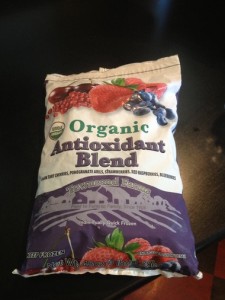 members of the recall and the potential need for vaccinations.
members of the recall and the potential need for vaccinations.
“Wednesday afternoon I sent out another message to 250,000 folks to remind them about the recall,” he said.
Bill Marler, a Seattle-based lawyer, recently filed a class-action lawsuit against Townsend Farms in California. He said his office has been contacted by approximately 400 people who received vaccinations as a result of purchasing the frozen berries, and only about half of those were contacted by Costco.
Elizabeth Weise of USA Today noted the outbreak has seemingly spared children, probably because of routine vaccinations against hepatitis A since 2006.
“The very, very small number of children involved in this outbreak probably reflects the high vaccination coverage as the result of the routine immunization,” said John Ward, who directs the viral hepatitis program at CDC.
The one child who did become ill, a 2-year-old, was not vaccinated, Ward said.
The hepatitis A vaccine is given to children twice, first between 6 and 12 months and then six months later, said CDC’s Trudy Murphy, a hepatitis expert. The vaccine became available in 1996. In 2006 CDC recommended that all children be vaccinated against the virus.
Sorenne’s got that vaccine. So do me and Amy.
Widespread vaccination is having an impact. In 1995 there were 31,582 hepatitis A cases in the United States. In 2010, the most recent year for which numbers are available, there were 1,670, according to CDC.
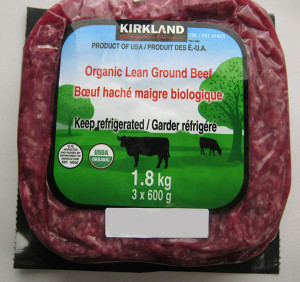 Manitoba and Saskatchewan.
Manitoba and Saskatchewan.



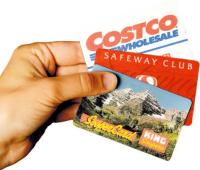
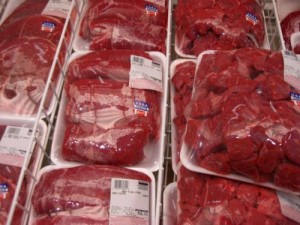
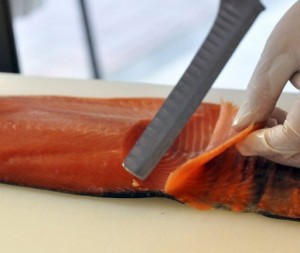
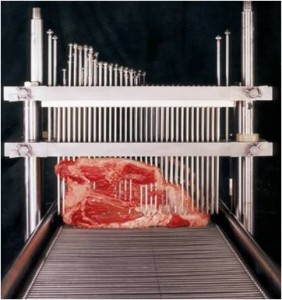
.jpg) "why and how personnel from his company, outside auditors or consultants failed to find these noncompliances," according to a 2007 USDA document.
"why and how personnel from his company, outside auditors or consultants failed to find these noncompliances," according to a 2007 USDA document..jpg) from cantaloupe consumption since 1984.
from cantaloupe consumption since 1984. .jpg) Colorado were implicated.
Colorado were implicated..jpeg) of his Hardin County facility, defaulted on bank loans, been "blackballed" by food vendors and been barred from bidding on contracts with retailers.
of his Hardin County facility, defaulted on bank loans, been "blackballed" by food vendors and been barred from bidding on contracts with retailers..jpg) make sure their customers are buying safe produce.
make sure their customers are buying safe produce.